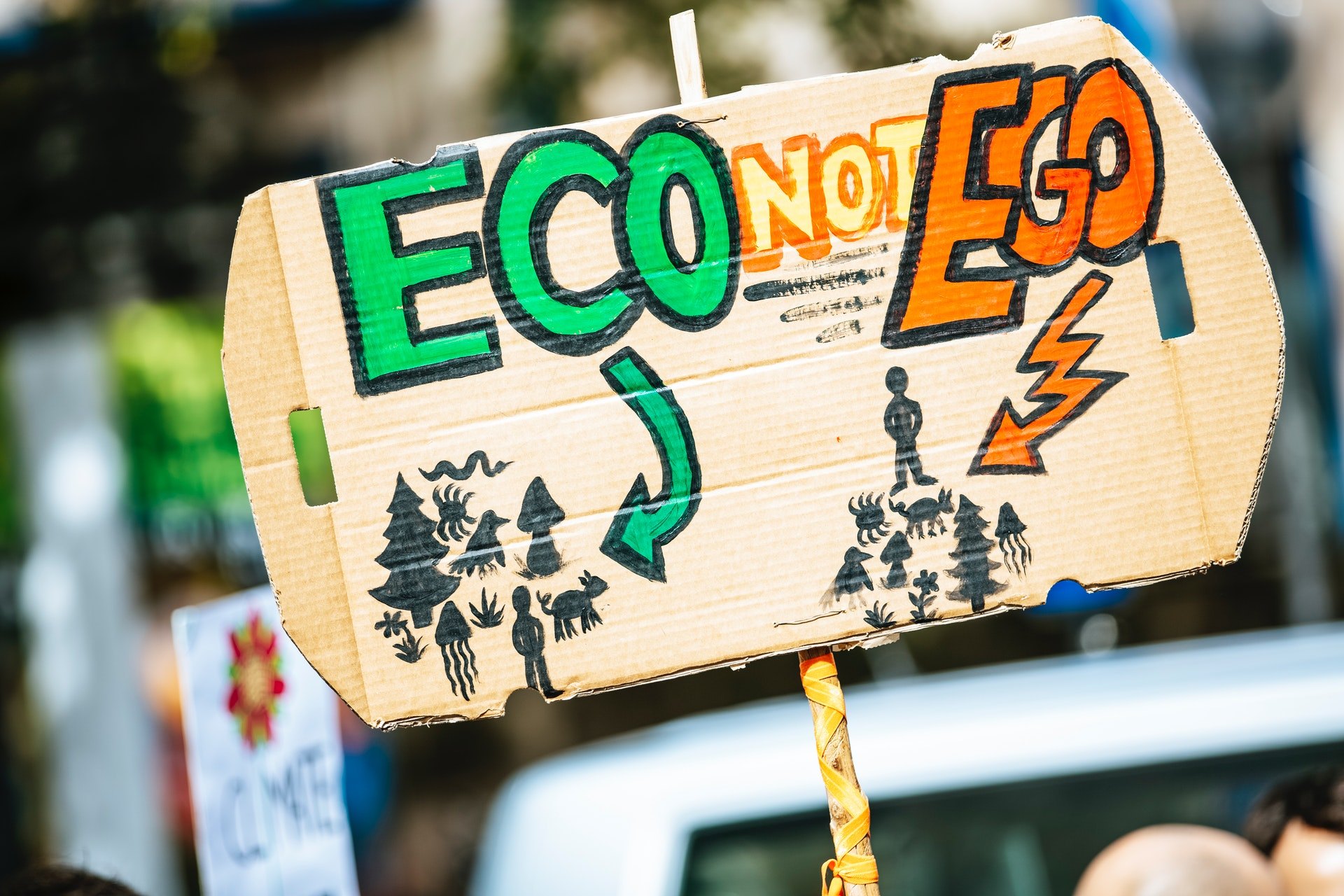California summit pledges 500 commitments to curb global warming
Climate and Environment
Participants at the Global Climate Summit, which concluded in San Francisco on Friday, made more than 500 specific commitments, including a transition to a low-carbon economy. If these promises are kept, there will be more than 65 million new jobs by 2030.
This week at the Global Climate Summit in San Francisco, where the U.N. Charter was adopted 73 years ago, government, civil society and business representatives, city leaders and investors pledged to fight global warming decisively and protect the planet.
“This Summit, a call to action,” will make an important contribution to our common goal: to keep global temperature rise within 1.5 degrees Celsius, as called for in the Paris Agreement. Governments around the world will now be able to act more decisively…,” said Patricia Espinosa, Executive Secretary of the UN Framework Convention on Climate Change. She is charged with coordinating the implementation of the Paris Agreement.
According to Espinosa, humanity today faces a serious challenge that poses a threat to current and future generations. “Climate change is an adversary that we have created with our own hands, and today it has gained such strength that it threatens to defeat us. This problem can only be dealt with by taking the international rule of law as its foundation,” the UN representative stressed. She recalled that this is why the Paris Agreement was concluded. Its signing, Espinosa said, was an unprecedented success for multilateral diplomacy.
“This agreement has everything we need to combat climate change. But there is still much work to be done to realize its full potential,” Patricia Espinosa stressed.
As part of the Paris Agreement, nations agreed not to allow global warming to exceed two degrees Celsius, ideally no more than one and a half degrees. “But the commitments that nations have already made through the Paris Agreement will result in a global temperature rise of three degrees Celsius by 2100. We have heard repeatedly in recent days that this will lead to devastating consequences around the world and destabilize the world order,” said the UN representative.
On the eve of the San Francisco meeting, the UN Secretary-General also warned that climate change could spiral out of control, with dire consequences for the economy, peace and security. Over the past decade, he said, extreme weather events and health damage from the burning of fossil fuels have cost the United States $240 billion annually. Over the next ten years alone, these losses will increase by half. By 2030, the decline in productivity due to the rising heat will result in a $2 trillion loss.
The U.N. head called on politicians, leaders, businessmen, scientists, and the entire public to overcome the paralysis. “We need to act – both financially and morally. We have all the means necessary to do so. What is missing, even after the Paris Agreement, is true leadership and courage,” said António Guterres.
Jayatma Vikramanayake, UN Youth Chief’s Envoy, addressed the San Francisco Summit. She stressed that their decisions will affect the lives of future generations.
The San Francisco meeting took place at a time when Hurricane Florence hit the United States and Typhoon Mangkhut hit the Philippines. Scientists believe that climate change may have influenced the intensity of hurricanes, increased precipitation and changes in the trajectory and speed of air masses.
Last year, climate change-related disasters caused thousands of deaths and $320 billion in economic damage. This year saw widespread flooding in the Indian state of Kerala, unprecedented wildfires in California and Canada, and a sharp rise in temperatures in the Arctic.
At the San Francisco summit, UN representatives urged delegates to intensify action to implement the Paris Agreement, relying on a system of multilateral cooperation.
Participants at this California meeting made some 500 commitments, many of which focus on the development of renewable energy sources as well as the proper management of land, forests and oceans.

